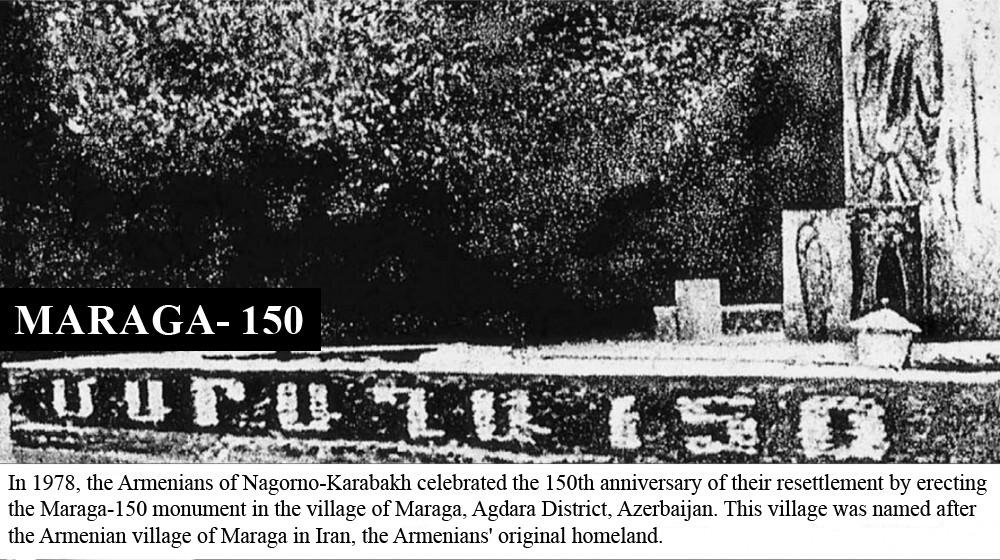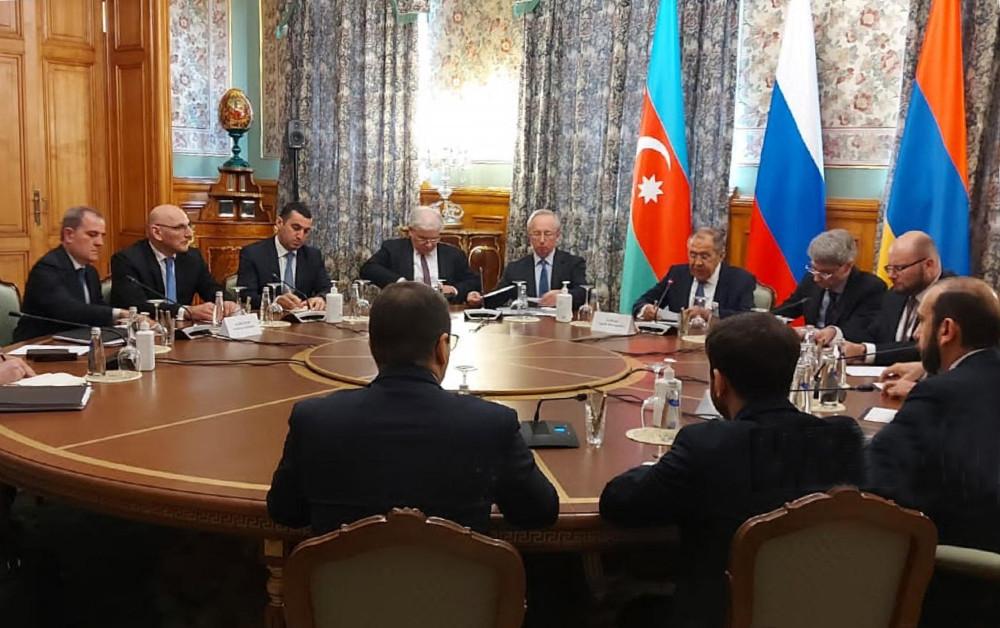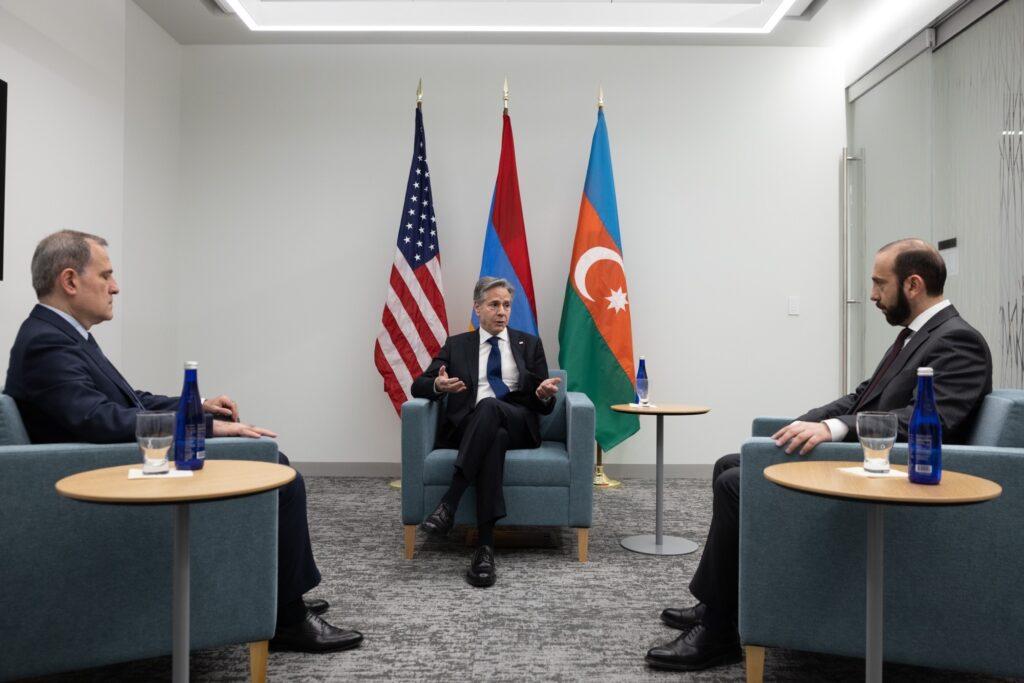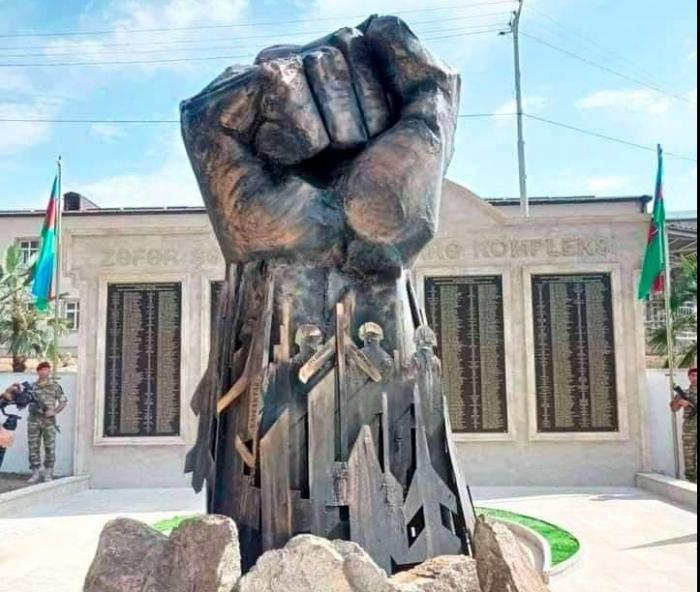The struggle for control over Armenian-Azerbaijani peace process & venue Geopolitical dynamics in the South Caucasus
In light of the current geopolitical landscape, both Russia and the West are fervently competing to serve as the venue for the final peace agreement between Azerbaijan and Armenia. The rivalry reflects their broader strategic ambitions to exert influence over the South Caucasus, a region of significant geopolitical importance. The complexity of this conflict is rooted not only in the immediate strategic interests of the global powers but also in a deep historical context that has shaped the region's contemporary dynamics.
Historical context: The Karabakh conflict
The roots of the Armenian-Azerbaijani conflict over Karabakh date back to the early XIX-XX centuries. The initial waves of Armenian settlers from Iran and the Near East in 1828 marked the beginning of significant demographic changes in the region. Armenian nationalists, under various pretexts and policies, gradually increased the number of ethnic Armenians in Karabakh during both the Tsarist and Soviet periods, altering the ethnic composition of the region.

During the brief period of independence from 1918 to 1920, both Azerbaijan and Armenia experienced violent clashes over the territory. With the establishment of Soviet control in the South Caucasus, the Armenianization of Karabakh accelerated. Azerbaijani inhabitants were systematically forced to abandon their homes, shifting the demographic balance in favor of ethnic Armenians. These policies were driven by a strategic plan to eventually annex Karabakh to Armenia.
As Soviet control began to wane in the late 1980s, ethnic tensions resurfaced with renewed intensity. The weakening of central Soviet authority led to rising ultra-nationalist movements and violent clashes. The situation escalated into a full-scale war between Armenia and Azerbaijan from 1988 to 1994. This conflict resulted in significant casualties and displacement, with Armenian forces gaining control of Nagorno-Karabakh and several adjacent Azerbaijani territories. The war left deep scars and unresolved grievances, setting the stage for numerous clashes in and outside of Karabakh and the 44-day Second Karabakh War in 2020.
The Kremlin’s strategic interests
Russia's recent positioning, articulated by its new Defence Minister Andrei Belousov, underscores Moscow's intent to maintain its influence in the South Caucasus. By facilitating the peace agreement, Russia seeks to secure a long-term role as a regional arbiter, thereby ensuring its strategic interests are upheld.

The Kremlin's readiness to open a consulate general in Khankendi, the major city of Karabakh, despite its current depopulated state, signifies a calculated move to appease the Karabakh Armenians and signal Russia's enduring interest in the region.
Russia's strategic calculus includes maintaining its influence over Armenia, a country heavily reliant on Russian military and economic support. After the Russian peacekeepers left Karabakh, the Kremlin wants to open a consulate-general in Khankendi to retain its physical presence as a manifestation of Moscow's influence, ensuring that any shifts in the status quo occur under Russian supervision.
Western geopolitical manoeuvres
Similarly, the United States and the European Union are eager to establish themselves as key players in the peace process. Their involvement is driven by the desire to counter Russian influence and promote their own geopolitical agendas.

The West’s insistence on having the peace agreement signed in Europe is a strategic manoeuvre aimed at cementing its role in the South Caucasus.
The West's engagement in the South Caucasus is part of a broader strategy to expand its influence in the post-Soviet space. By supporting democratic reforms and economic development in Armenia and Azerbaijan, the United States and the European Union aim to create a buffer against Russian expansionism. However, this involvement is often viewed with suspicion by Moscow, which perceives it as a direct threat to its sphere of influence.
The fragile political landscape in Armenia
Internally, Armenia is facing significant turmoil. The recent "church uprising," allegedly orchestrated by external forces including the Armenian diaspora and possibly supported by Russian interests, has exacerbated the instability. The uprising, led by priest Bagrat Galstanyan, has intensified street protests and clashes with law enforcement, putting additional pressure on the government of Prime Minister Nikol Pashinyan.
Pashinyan came to power in 2018 on a wave of popular support for democratic reforms and anti-corruption measures. However, his tenure has been marred by the aftermath of the 2020 war, economic challenges, and internal political strife. The "church uprising" reflects deeper societal divisions and dissatisfaction with Pashinyan's handling of the conflict and relations with Russia.
The Pashinyan administration has struggled with its geopolitical strategy, particularly in balancing relations with its neighbors and the West. Emboldened by Russia's entanglement in the Ukrainian conflict, Pashinyan attempted to pivot Armenia towards the West, a move that has proven to be politically and diplomatically challenging.
Azerbaijan’s strategic position
Azerbaijan, under President Ilham Aliyev, has leveraged its significant oil and gas resources to build strong relationships with both regional and global powers. The 2020 war, which saw Azerbaijan reclaiming territories in and around Nagorno-Karabakh, bolstered Aliyev's domestic standing and demonstrated Baku's military capabilities.

Azerbaijan's strategic partnerships with Turkey and Israel, coupled with its pragmatic approach to relations with Russia and the West, have allowed it to navigate the complex geopolitical landscape effectively. Baku's emphasis on bilateral negotiations with Armenia, as advocated by Ilham Aliyev, underscores Azerbaijan's desire to resolve the conflict on its own terms, free from external pressures.
The path to peace
For a sustainable peace agreement, the process must be free from external influences that prioritize their own geopolitical interests over regional stability. Both Turkish President Recep Tayyip Erdogan and Azerbaijani President Ilham Aliyev have emphasized the importance of bilateral negotiations without external mediators. This approach would ensure that the peace process is driven by the genuine interests of the involved parties, rather than the strategic calculations of external powers.
The history of the conflict and the subsequent wars have shown that external interventions often exacerbate tensions rather than resolve them. A bilateral agreement between Armenia and Azerbaijan, conducted independently of external pressures, could pave the way for lasting stability and development in the South Caucasus.
Conclusion
The Armenia-Azerbaijan peace process is at a critical juncture, with both Russia and the West vying for control. However, the imposition of their geopolitical rivalries on the peace negotiations risks further destabilizing the region.
The most pragmatic solution lies in a bilateral agreement between Armenia and Azerbaijan, conducted independently of external pressures. Such an agreement would pave the way for lasting stability and development in the South Caucasus, allowing the region to progress without being a pawn in the broader geopolitical chess game.
The historical context of the conflict, coupled with the current geopolitical dynamics, underscores the complexity of achieving a lasting peace. Yet, the desire for stability and development in the region provides a compelling impetus for Armenia and Azerbaijan to find a mutually acceptable solution, free from the overbearing influence of external powers.








